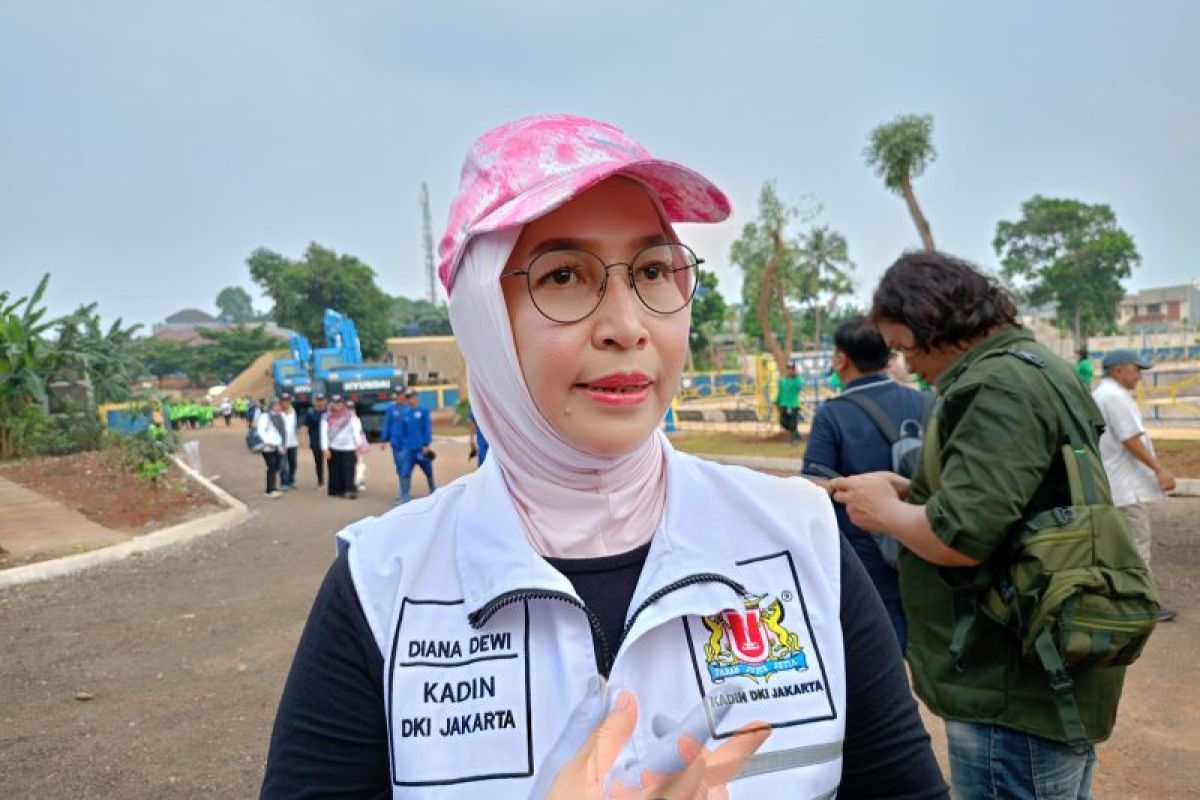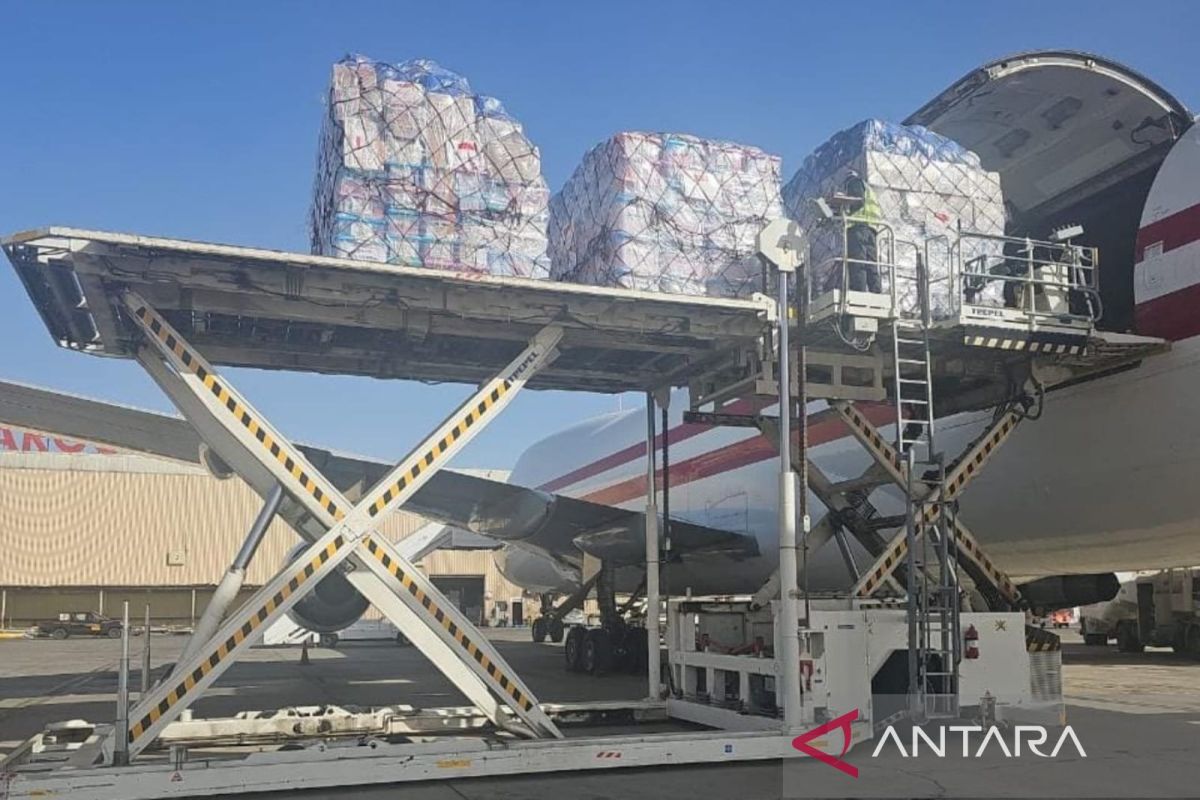In Mekelle, which is the main urban centre of northern Ethiopia, normal life appears to have resumed. People crowd the streets, cafes and markets – even as the trauma and wounds of the war remain.
Across the region though, a sense of uncertainty still lingers.
Despite the progress made since the signing of the peace deal, many disputes and unresolved issues remain. Key among them is the disarmament and demobilisation of over 200,000 TPLF soldiers, and the movement's official reinstatement as a political party by the National Electoral Board of Ethiopia (NEBE).
On the latter point, internal divisions have surfaced within the TPLF leadership, revealing power struggles between two factions: one led by the party's chairman, Debretsion Gebremichael, and the other by his former deputy Getachew Reda, who is the current chairman of the Interim Administration of the region created after the peace agreement. Recently, Getachew Reda was expelled along with 16 other members of the leadership, further fuelling tensions.
This political uncertainty is a further obstacle to reconstruction efforts and the consolidation of a fragile peace.
During the war, much of Tigray was cut off from food and medicine for months, and most hospitals and much infrastructure was destroyed or damaged.
By the end of the conflict, according to the World Health Organization, only 3 percent of health facilities were functional. The bill for reconstruction has been calculated at $20bn, and it will take decades to recover.

 3 minggu yang lalu
3 minggu yang lalu




:strip_icc():format(webp)/kly-media-production/medias/4974549/original/054761200_1729489016-Serang_Beirut_Malam_Hari__Israel_Targetkan_Cabang_Keuangan_Hizbullah.jpg)
:strip_icc():format(jpeg)/kly-media-production/medias/4974929/original/059107200_1729512961-WhatsApp_Image_2024-10-21_at_18.07.05.jpeg)

:strip_icc():format(jpeg)/kly-media-production/medias/4971251/original/027865000_1729139289-IMG_20241017_110701.jpg)

 English (US) ·
English (US) ·  Indonesian (ID) ·
Indonesian (ID) ·